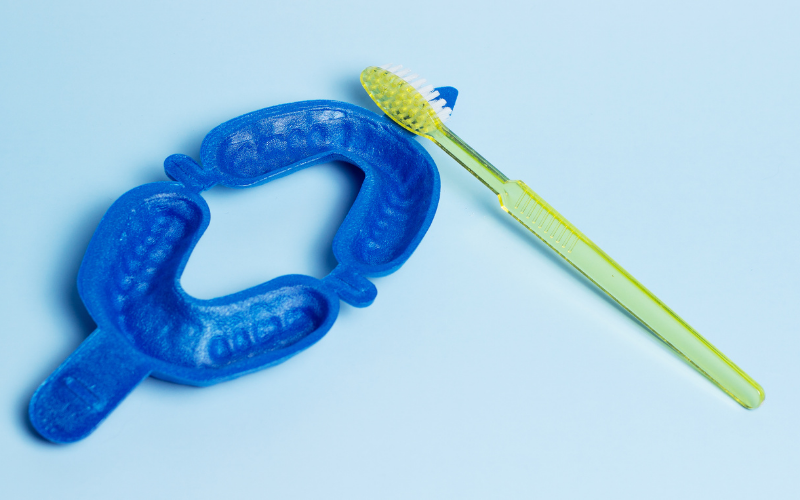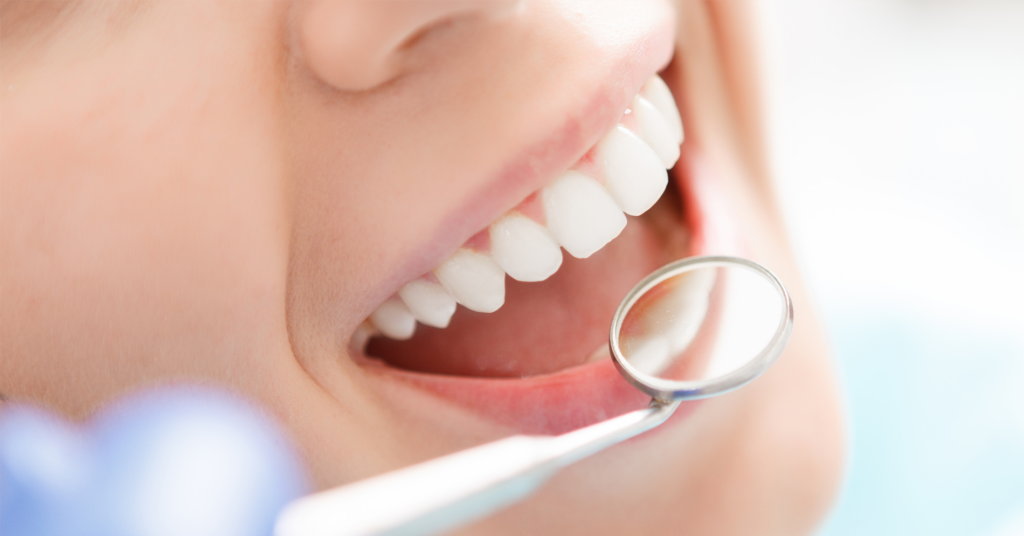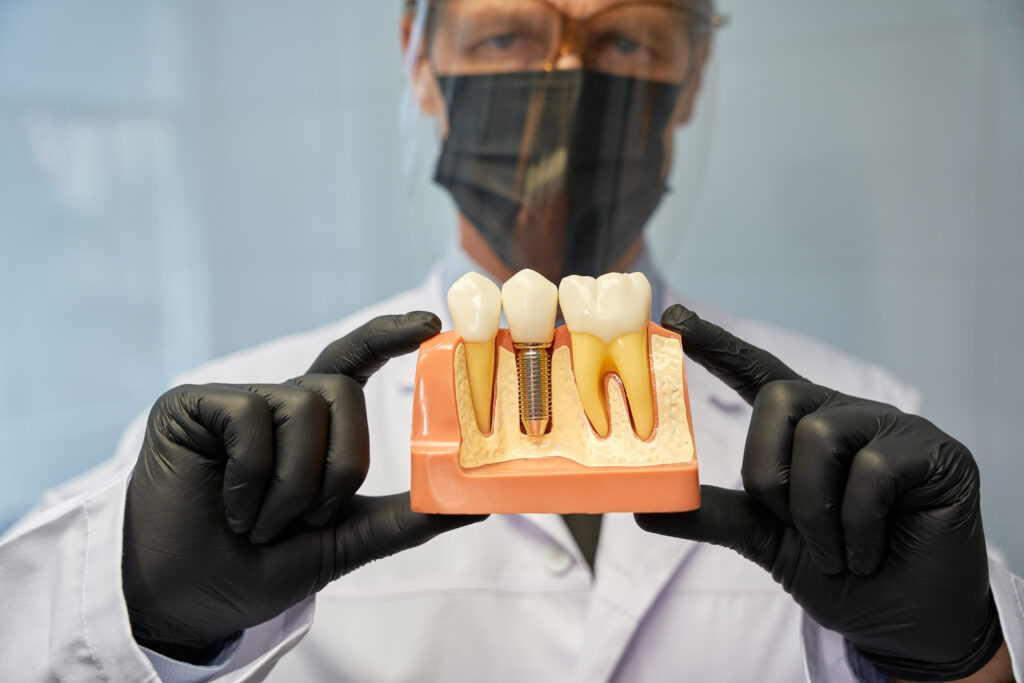
Many people vaguely know that fluoride is in their toothpaste and water, and sometimes in their rinse. Beyond that, things are fuzzy.
Unfortunately, there are many myths about this mineral out there that can lead people to believe false and potentially harmful ideas.
To clear some things up, we’ve compiled a list of fast facts about fluoride and its benefits for teeth.
Fact 1: Fluoride is Good For Your Teeth
Fluoride is a mineral (not a medication, as US courts have determined) that, in the right amounts, offers benefits to your teeth. It, alongside substances like Vitamin D and iodine, is one of many substances added to what we consume regularly to ensure we stay healthy.
Fact 2: Fluoride Appears Naturally in Water
Believe it or not, fluoride is present in nearly all water. However, the amount is usually not enough to have any appreciable effects on your teeth.
Fluoride in water — in the right amounts — can have beneficial effects on our teeth, but we need more than is naturally present.
This is part of the reason water fluoridation efforts were launched in 1945.
In 2011, health officials revised the recommended fluoride concentration to 0.7 parts per million (ppm).
Fact 3: Fluoride is a Cost-Effective Public Dental Health Measure
Dentistry is expensive. Some struggle to pay for dental services. Even for those that can afford dentistry without problems: the more they spend on dental procedures, the fewer dollars go towards other economic activity.
In fact, studies show that each $1 invested in fluoridation efforts returns about $38 in dental costs. Doing this puts more money back into citizens’ pockets, who can then use that money for another economy-driving spending.
Plus, the fluoridation cuts reliance on any government programs providing aid to those in need of help covering dental costs — saving the taxpayer money.
Fact 4: High Fluoride Concentrations Lead to Fluorosis, But…
It’s not a disease.
Fluorosis causes changes in the tooth enamel’s appearance. In particular, faint white lines or streaks appear on the teeth. Children often get fluorosis during their tooth-forming years — once teeth break through the gums, fluorosis can’t happen.
Fluorosis cases are generally pretty mild, and usually barely noticeable. In many cases, only a dentist will be able to spot fluorosis while examining your teeth.
Overall, most cases of fluorosis in the US don’t affect tooth function. Sometimes, it slightly strengthens the teeth.
Is it almost time for your next dentist appointment? Come to Absolute Smile in Philadelphia. We love to provide top-notch care for our patients. All new patients get a free consultation — schedule yours today.







